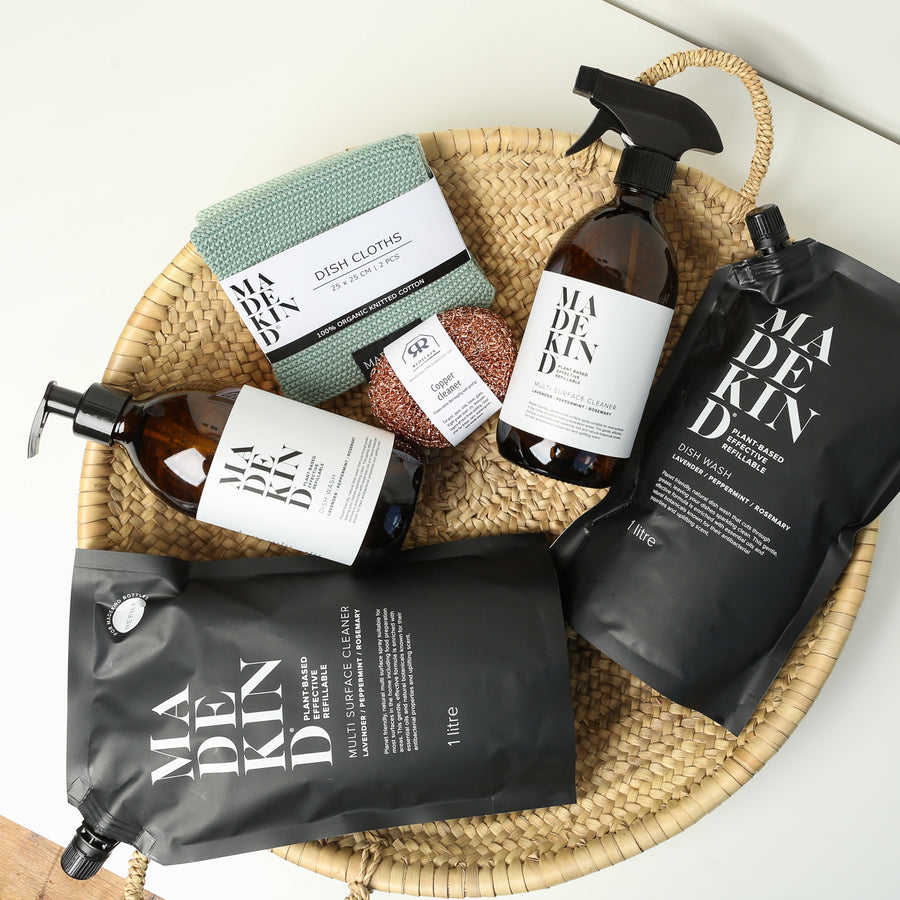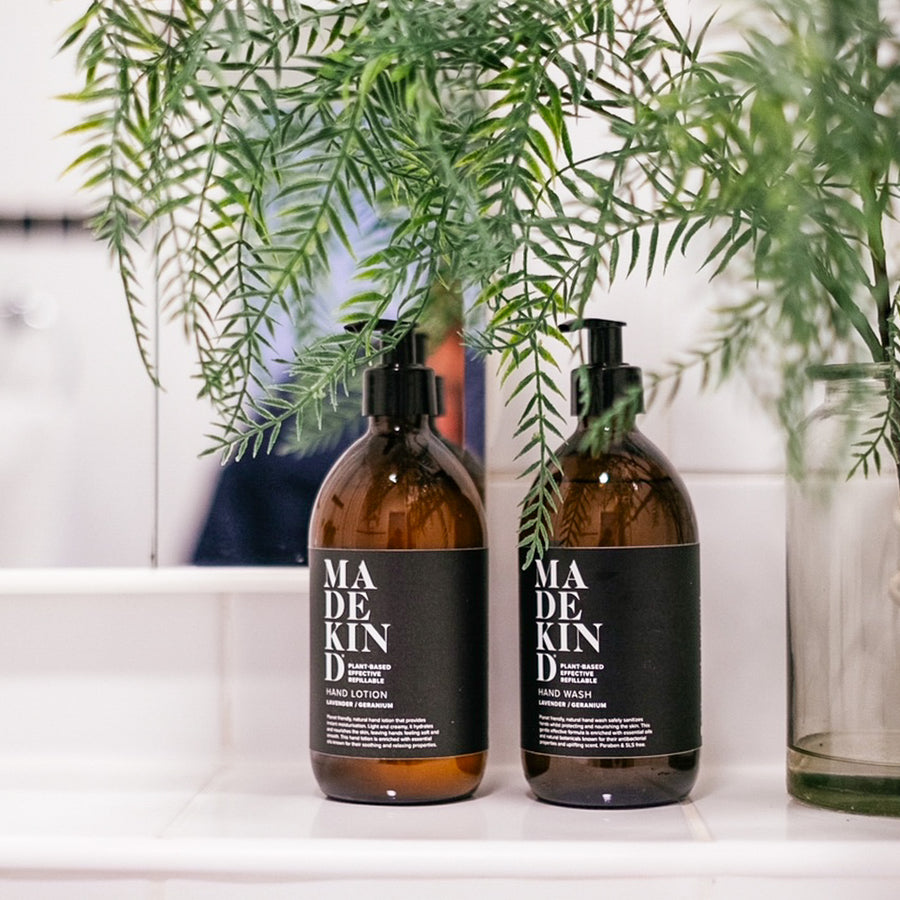How a wild and messy garden can help the planet

We spent a wonderful morning in the garden of one of our customers who happens to have a wonderful cutting patch in her back garden, as well as a bee hive where the bee's thrive amongst the varieties of flowers and herbs. Even on a sunny day in October there's an abundance of flowers to be cut and Annie put together the most beautiful, creative bunch of home grown flowers. I even got to bring home a jar of honey, straight from the beehive! You can find out more about Annie's home grown flower patch on Instagram @there_may_be_bugs
Annie promotes a wild and messy garden, and mixes different species, shapes, sizes and fragrances of flowers, herbs and vegetables to attract a variety of butterflies and insects. The RHS explain that bees visit flowers to collect nectar and pollen, which they use as food for themselves and their larvae. By moving from flower to flower, they are vital pollinators of many garden and wild flowers.
Kew Gardens has some great tips for producing a wild and biodiverse garden;
- Get wild and messy to encourage different species of flowers to grow
- Grow fragrant flowers - Butterflies and insects find food plants by smell
- Add wildlife loving extras, like rotting wood, mounds of grass and water
- Compost heaps and mounds of grass are the perfect habitat for creatures
- Let trees and shrubs thrive as they provide shelter and nesting for wildlife
We've used plant based ingredients in all our MadeKind products to protect our environment, but also to allow us to connect to nature through the products we use at home. Natural fragrances of Lavender, Peppermint and Rosemary in our cleaning products makes us feel closer to nature and awakens our senses. Our essential oil blends in our bath and body range help to activate, relax and soothe our bodies. Our aim is to create planet worthy products that are in perfect harmony with our bodies and our planet.



Leave a comment